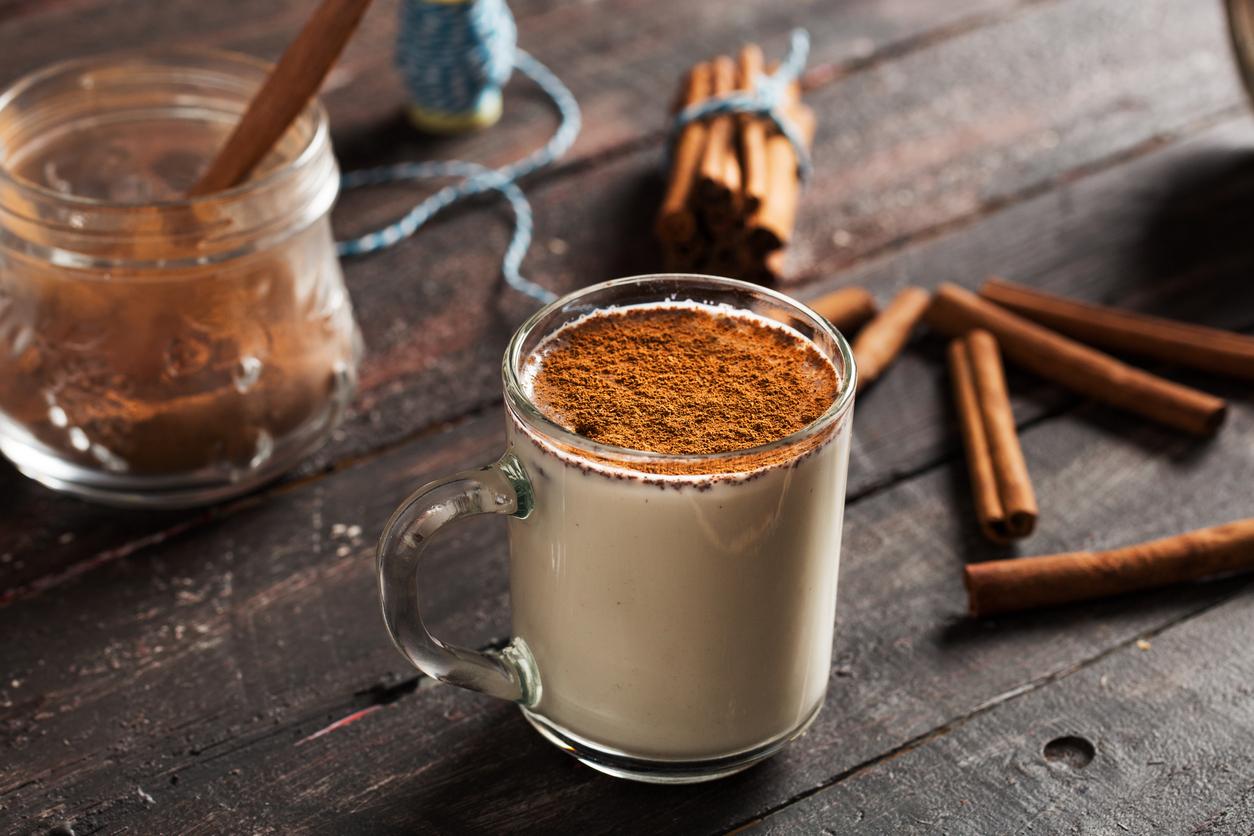The Benefits of Sprinkling Cinnamon in Your Morning Coffee (Exclusive)
Although cinnamon can sweeten up any baked dish or drink, it may actually support efforts to lower blood sugar levels.
Published March 5 2024, 5:21 p.m. ET

If you're craving a sweet side to your morning coffee, the perfect accompaniment is obviously a delectable, cinnamon-heavy coffee cake. There's a reason any great coffee (or coffee cake) is loaded up with the centuries-old spice, and it's not just because of its uniquely invigorating flavor profile.
We spoke exclusively to Joy Stephenson-Laws, a healthcare attorney and the president and founder of Proactive Health Labs (pH Labs), for the scoop (or, rather, the sprinkle) on why cinnamon is the perfect addition to your coffee. Grab a cup, load up on cinnamon, and keep reading as we learn about the healthful and protective properties of the versatile spice.

Attorney Joy Stephenson-Laws founded pH Labs after decades working in the healthcare industry.
There are a few benefits of putting cinnamon in your coffee.
Cinnamon is thought to be protective against various cognitive diseases; it may posses anti-cancer properties; its essential oil may even be protective against insects; and it has a host of other healthful and protective benefits, according to research in the National Center for Biotechnology Information.
That said, for people with liver disease, consuming too much cinnamon (specifically, of the cassia variety) could be bad for their health, Joy Stephenson-Laws advises. "If you have liver disease, talk to your doctor about incorporating cinnamon into your diet," she tells us.
Read on to learn more about the benefits of cinnamon!
Putting cinnamon in your coffee can prevent colorectal cancer.

"Cinnamon is high in the mineral calcium," Stephenson-Laws tells Green Matters in an email, adding that "adequate calcium intake may also decrease your risk for colorectal cancer."
Various research studies published in the National Center for Biotechnology Information back up the notion that cinnamon can help be protective against cancer.
Adding cinnamon to your morning cup can protect your heart.

"Cinnamon may lower your risk for developing heart disease," Stephenson-Laws tells us, adding that research has found "that consuming cinnamon and other spices is associated with lower triglyceride levels." Triglycerides are a type of fat that comes from food and are found in the blood.
Per Johns Hopkins, cinnamon is a great sugar alternative for those with diabetes and may have a higher risk for developing heart disease.
The cinnamon in your coffee may also act as a natural antimicrobial.

"Cinnamon may be able to ward off harmful bacteria, fungi, and viruses," Stephenson-Laws says. Historically, cinnamon has been used as a natural food preservative, per 2015 research.
"It makes sense that antioxidants would prevent 'aging' in food, as they also help slow signs of aging in people," she adds.
Cinnamon is a powerful antioxidant boost to your afternoon latte.

"In a study that compared the antioxidant levels of 26 spices, including oregano and garlic, cinnamon was the winner," Stephenson-Laws says. "Antioxidants, which are found in many plant-based foods, are great anti-inflammatories. Reducing inflammation is key in helping to prevent a variety of diseases, including cancer, arthritis, and heart disease."
Have another cup of coffee with cinnamon: it's great for your brain.

"Tau proteins are abundant in nerve cells, and too much of these proteins or a mutation of these proteins are believed to be one of the causes of dementia," Stephenson-Laws says.
"Some studies found that compounds in cinnamon may reduce tau aggregation. This spice also may have a positive effect on cognitive function," she adds, noting that "cinnamon has also been reported to be effective against neurological disorders, such as Parkinson's and Alzheimer's diseases."